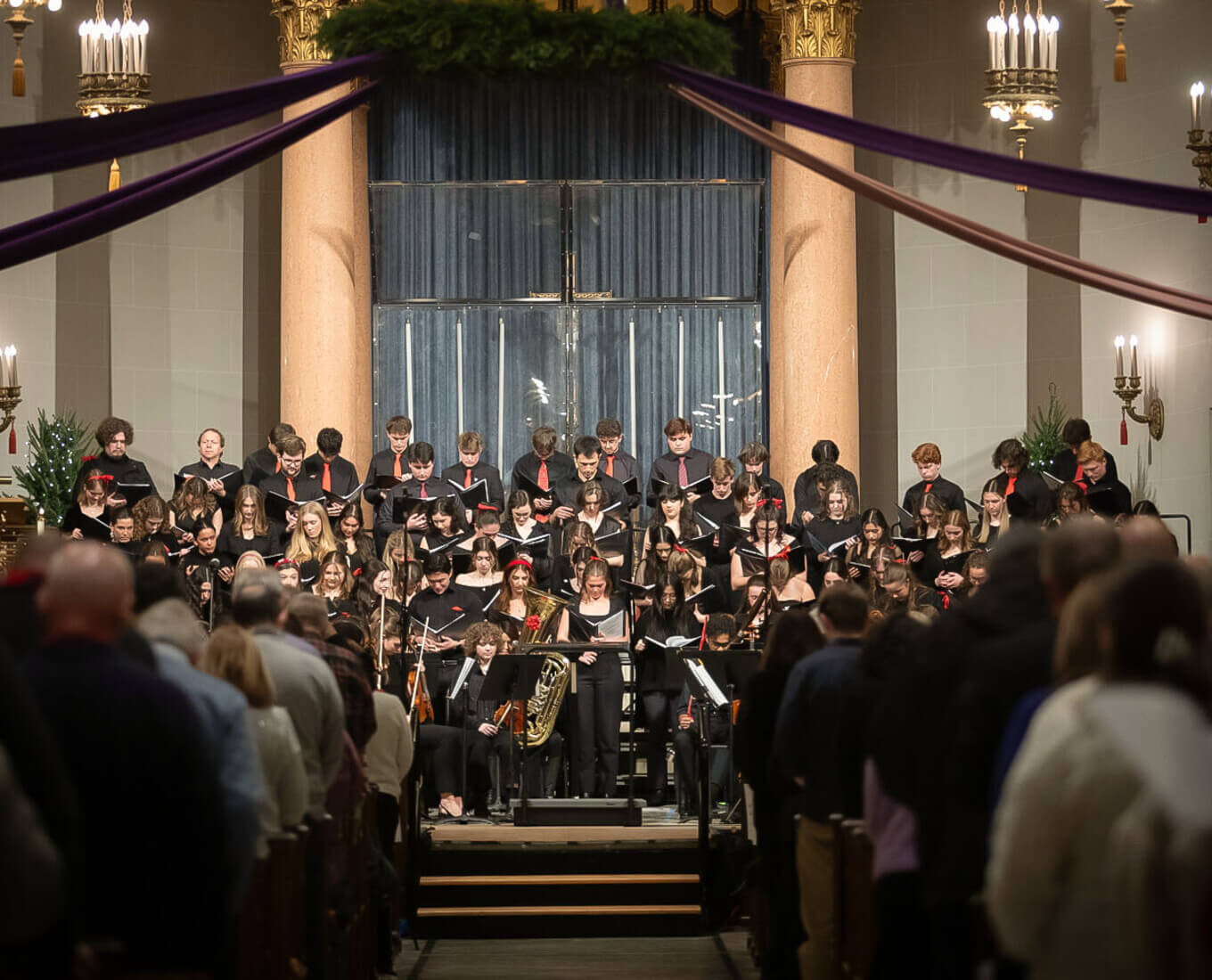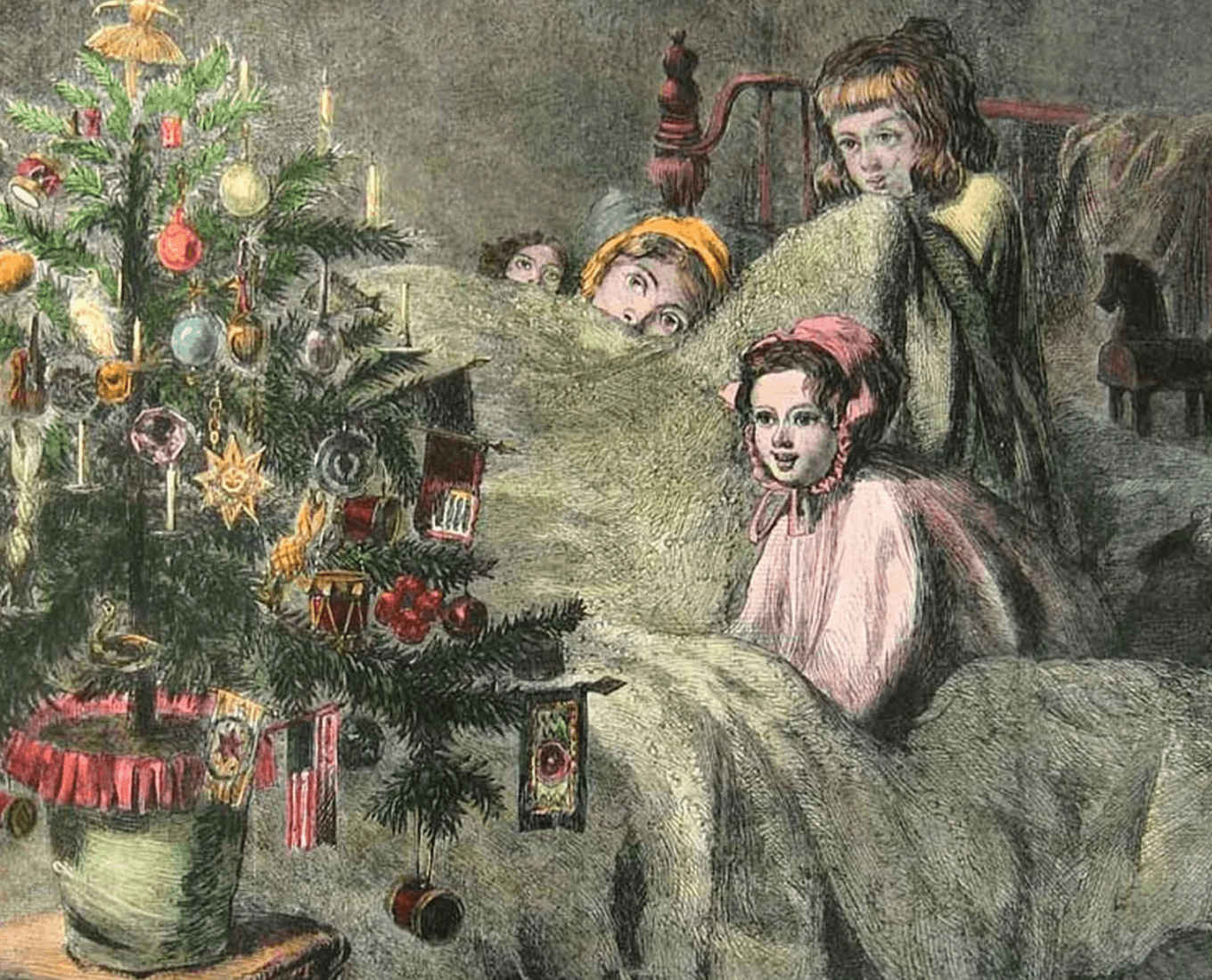WORCESTER, Mass. – The College of the Holy Cross announced plans today for a new program designed to better integrate the academic, co-curricular and residential experiences of first-year students. Launching in September 2008 for all enrolling first-year students, the program is a dramatic expansion of the College's highly successful First-Year Program (FYP), which has been an option for students since 1992.
The concept of a "universal" first-year experience was developed and refined as part of the College's comprehensive curriculum review, and was adopted by vote of the Faculty Assembly in the spring of 2006. The new program is rooted in the tenets of Jesuit higher education, and is titled "Montserrat," after the mountain in Spain, where in 1522 St. Ignatius of Loyola (the founder of the Jesuit order) laid aside the symbols of his old life and began a pilgrimage of exploration, self-discovery and commitment.
"The first year of college marks a critical transition in the lives of many students," said Rev. Michael C. McFarland, S.J., president of Holy Cross. "The experiences they have and the directions they take can affect them profoundly for the rest of their lives. We believe that it is important for students beginning their journey here at Holy Cross to encounter early on the questions, ideas, values and experiences that will help them come to know themselves more deeply and find their place in the world."
He added: "Montserrat will provide a foundation for new Holy Cross students to develop an appreciation for the world of ideas and critical thinking. And by integrating other areas of college life with their work in the classroom, first-year students will see how their education is shaped by their openness to new ideas and experiences, and by their willingness to share their quest with others and to draw on them for help."
The new first-year curriculum will coordinate small, full-year seminar courses with co-curricular programs (such as on- and off-campus events, guest lectures, discussion groups, and social activities). The dozens of seminars will be grouped around broad topics in five interdisciplinary "clusters," and will engage students in both critical inquiry and consideration of ethical values. The five clusters are: The Divine, Global Society, The Natural World, The Self, as well as the current FYP theme, How Then Shall We Live?
"The seminars are central to Montserrat and guarantee first-year students a smaller, more intimate classroom experience," said Timothy Austin, vice president for academic affairs and dean of the College. "That's something many students might not otherwise experience until their second or even third year. Smaller groups also mean that serious dialog and connections with faculty will occur earlier in the students' college careers — and, we hope, grow even richer during the three years that follow."
Students in each cluster will live together in the same residence hall. There, common social space will provide natural opportunities to interact with classmates who are exploring the same cluster theme in a different seminar setting. Matriculating students will choose their cluster theme and seminar preferences when registering for classes during new student orientation. Each Montserrat seminar is one of four courses students will take per semester. Students will choose three additional courses during both of their first two semesters, allowing them to pursue their academic interests and explore other disciplines.
The College librarians, chaplains, and Office of Student Affairs have also developed special programs expressly for the first-year students that will complement and enhance the cluster themes.
"While a number of colleges and universities across the nation have introduced, or are introducing, first year programs, most are focused on helping students transition from high school to college by providing extra advising or study skills support," said Timothy Austin. "Montserrat aims to do much more by bridging the divide that can sometimes exist between living and learning, and creating a truly holistic intellectual environment."
Additional information on Montserrat can be found on the Admissions Web site:
www.holycross.edu/admissions/
Editor's note: In October 2007, the fifth cluster title was changed to Core Human Questions (from the previous FYP theme title "How Then Shall We Live?").
Holy Cross Announces Integrated Living-Learning Curriculum for First-Year Students
New program will begin in September 2008
Read Time
3 Minutes


